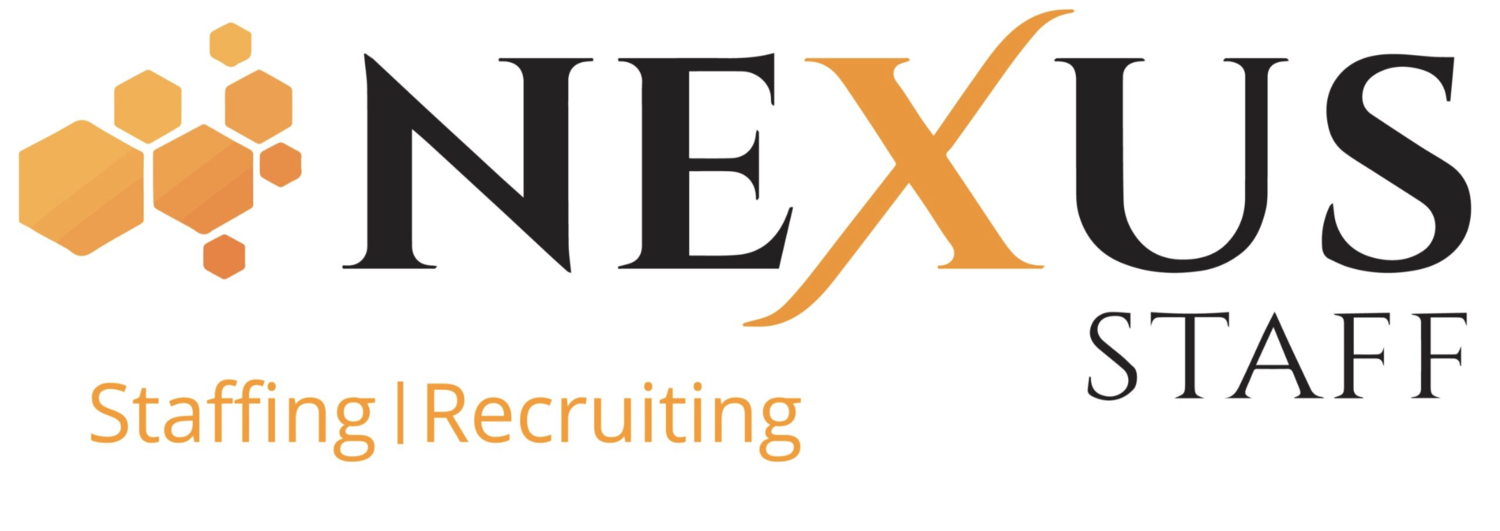How Diverse Teams Make Better Decisions
Important decisions are made every day in the workplace. In fact, Bain & Company and Cloverpop report decision-making accounts for 95% of business performance and that it's the most important thing managers and executives do at work. With a statistic like this, it’s essential for companies to look at who is making these decisions and who is being affected by the decisions being made.
Additional research explains that when decisions are made by teams rather than individuals, teams outperform the individuals a majority of the time, and when those teams are diverse, the teams are even more successful. Whether it is inherent or acquired diversity (e.g. race and age versus education and work experiences) within a group, differences among group members can improve the decision-making process in a number of ways. Here are four ways diversity can promote better decision-making in any organization:
By paying closer attention to detail
While teams may initially find outlook from somebody different counterintuitive at first, it actually allows the team to go through a more vigorous decision-making process and pay closer attention to the details at hand. For example, multiple studies highlighted in the Harvard Business Review explain this is because diverse teams are more likely to examine and re-examine all of the presented information rather than just take the facts as they are. This means diverse teams are also less likely to make mistakes and more likely to outperform their homogenous counterparts.
By offering new perspectives
There’s no surprise that having a diverse team can lead to new perspectives and innovative ideas. If a team isn’t diverse, they are more likely to bounce the same ideas around again and again, rather than make any progress toward a new way of thinking. When no new ideas surface, it can severely limit a company’s reputation, hiring process, and overall business operations. Instead, having a diverse group of employees that have all lived through different experiences, limitations, and biases can offer a fresh perspective that another group may have otherwise not thought of.
By promoting innovation and diminishing “groupthink”
Groupthink occurs when a group’s desire to conform is stronger than the desire to make well thought-out decisions. Oftentimes, groupthink can lead to poor decision-making because group members may be afraid to go against the grain and suggest something new. Having a diverse group make decisions can limit groupthink because the more different a group is, the more likely individuals will feel more comfortable offering new ideas and questioning the ideas of others. When ideas are questioned, it means every possible outcome has been considered and more plans are developed to account for those outcomes.
By eliminating bias for future decisions
With new perspectives and less of a chance for groupthink to occur, diverse groups can also diminish any existing biases not only in the present decisions they are making, but in any future decisions they make as well. When team members are a part of a diverse team responsible for making decisions, it opens up the door for better decision-making in the future -- whether for the same team or a new one. For example, team members that have experienced working in a diverse setting will take what they have learned and be able to influence decision-making in the future groups in which they belong.
Establishing diversity and inclusion in the workplace starts with hiring the right candidates. Contact Nexus today to learn more or sign up for a free job market analysis. This free tool will help you understand who your candidates are and what they’re looking for in their next role. Click the image below to get started!







